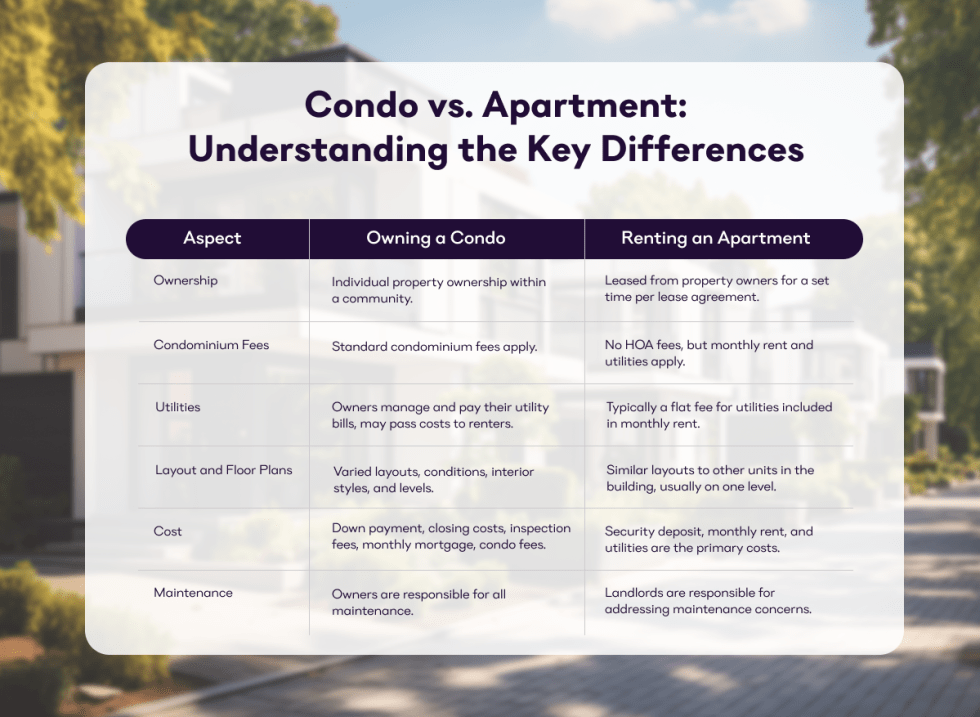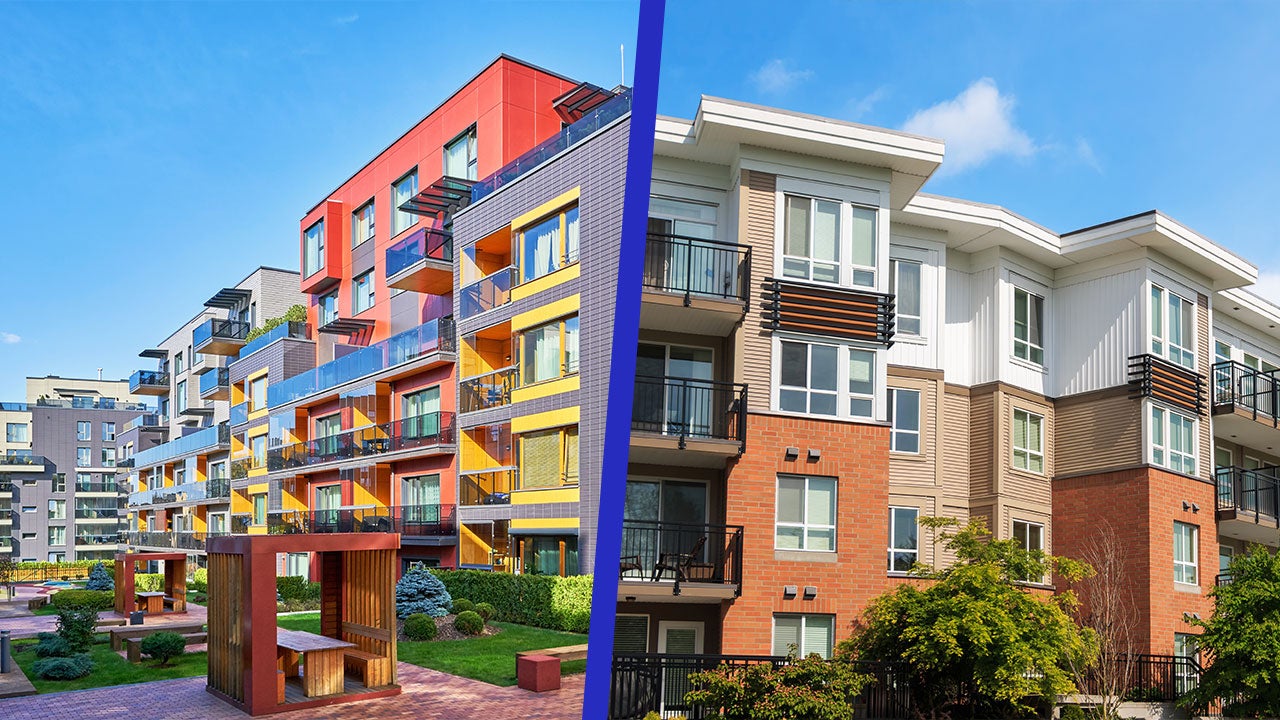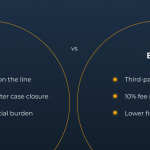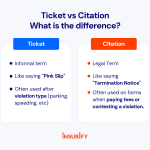Choosing a home is a big decision. You might hear about condos and apartments. They seem similar, but they are different.
What is a Condo?
A condo is short for condominium. It is a unit in a building. People own condos. When you buy a condo, you own your unit. You also share common areas with others. These areas include pools, gyms, and gardens.
What is an Apartment?
An apartment is also a unit in a building. But people do not own apartments. They rent them. A company or person owns the building. They rent out the units to others.
Ownership
Ownership is the biggest difference. In a condo, you own your unit. In an apartment, you do not own it. You rent it from someone else.
Costs
Buying a condo can cost a lot upfront. You need to have enough money to buy it. You also pay monthly fees. These fees are for the shared spaces. Renting an apartment usually costs less upfront. You pay rent each month.
Maintenance
Condos have maintenance fees. These fees cover repairs and upkeep. If something breaks, the condo association fixes it. In apartments, the landlord handles repairs. You call them if there is a problem.
Rules and Regulations
Condos have rules. These rules help everyone live happily. They might say no pets or loud music. Apartments also have rules. The landlord sets these rules. They can be similar to condo rules.
Community
In a condo, you are part of a community. You might join events or meetings. You can help make decisions about the building. In an apartment, you are usually not involved in decisions. You might still know your neighbors, though.
Flexibility
Renting an apartment offers more flexibility. You can move out with notice. Buying a condo is a long-term decision. Selling it can take time.

Credit: www.apartmentlist.com
Investment
Condos can be a good investment. They can increase in value over time. Apartments are not investments. You pay rent, but you do not own anything.
Location
Both condos and apartments can be found in cities. They are often close to shops and schools. The location is important for both types.
Space
Condos can be larger than apartments. They might have more rooms. Apartments can be smaller and simpler.
Privacy
Condos might offer more privacy. You own your space. Apartments can have more people living close by.
Choosing the Right One
Think about your needs. Do you want to own a home? A condo could be good. Do you prefer renting? An apartment might work.
Budget
Consider your budget. Can you afford to buy a condo? Or is renting an apartment better for now?
Future Plans
Think about your future. Do you plan to stay in one place? Buying a condo might be smart. Do you want to move soon? Renting an apartment is easier.
Frequently Asked Questions
What Is A Condo?
A condo is a privately owned unit within a larger building. Owners share common areas.
What Is An Apartment?
An apartment is a rented unit within a building. Managed by a landlord or property manager.
Do Condos And Apartments Differ In Ownership?
Yes, condos are owned, apartments are rented. Ownership impacts responsibilities and rights.
Are Maintenance Fees Different For Condos And Apartments?
Condos usually have maintenance fees. Apartments include maintenance in rent. Costs vary by location.
Conclusion
Condos and apartments have their pros and cons. Both can be great places to live. Understanding the differences can help you choose the right one. Make sure to think about what is important to you.

Credit: condoessentials.com
Summary Table
| Feature | Condo | Apartment |
|---|---|---|
| Ownership | Own | Rent |
| Cost | High upfront, monthly fees | Monthly rent |
| Maintenance | Owner responsible | Landlord responsible |
| Community | Engaged | Less involved |
| Flexibility | Less | More |
| Investment | Potential | None |

I’m someone who’s always been fascinated by how small differences can lead to big understanding. That’s why I love writing “What’s the difference between…” content; it helps me explore topics from multiple angles and explain them in a clear, practical way. Whether it’s tech, productivity, business, or everyday decisions, I enjoy making complex ideas easier to compare, understand, and act on.










